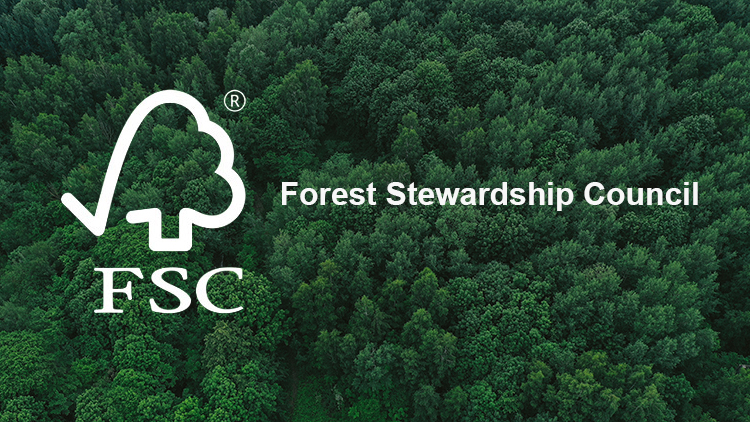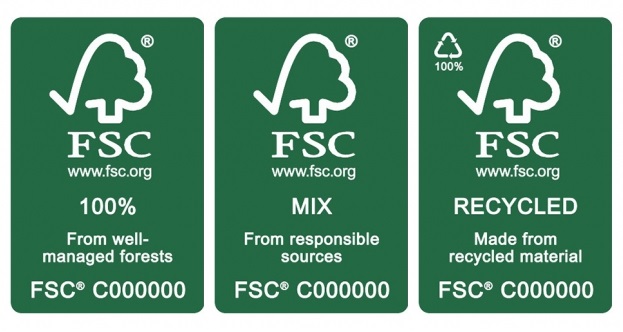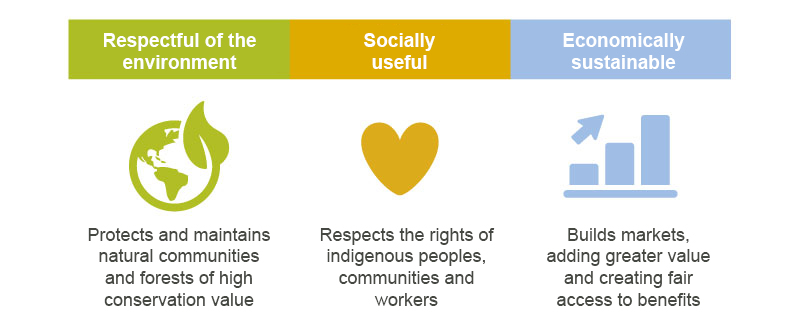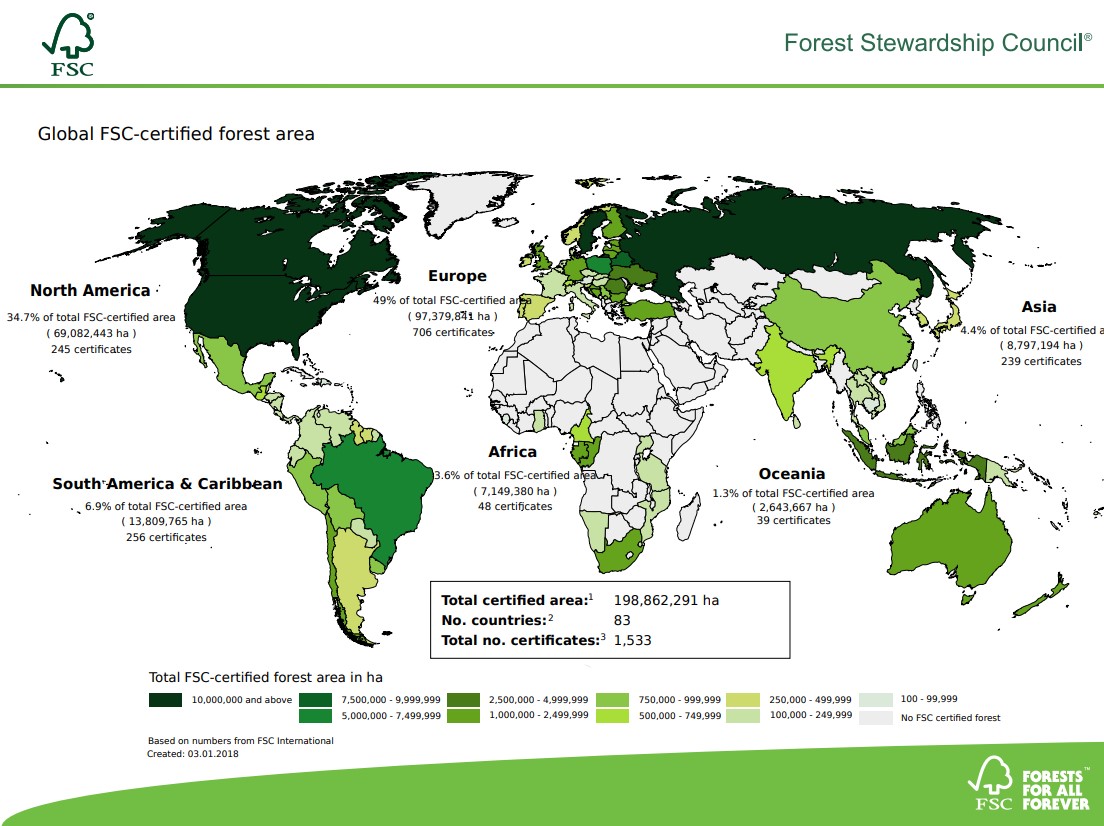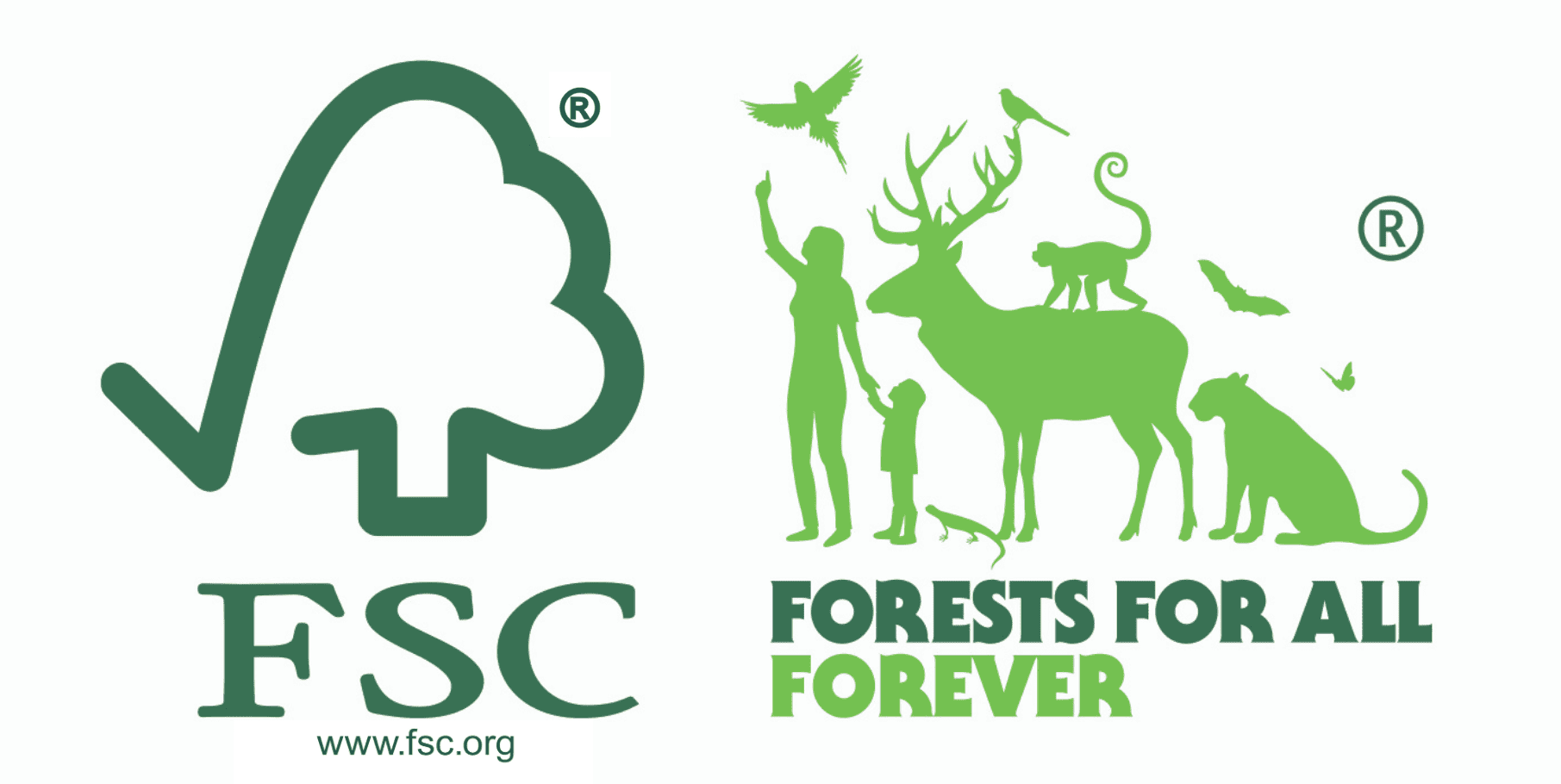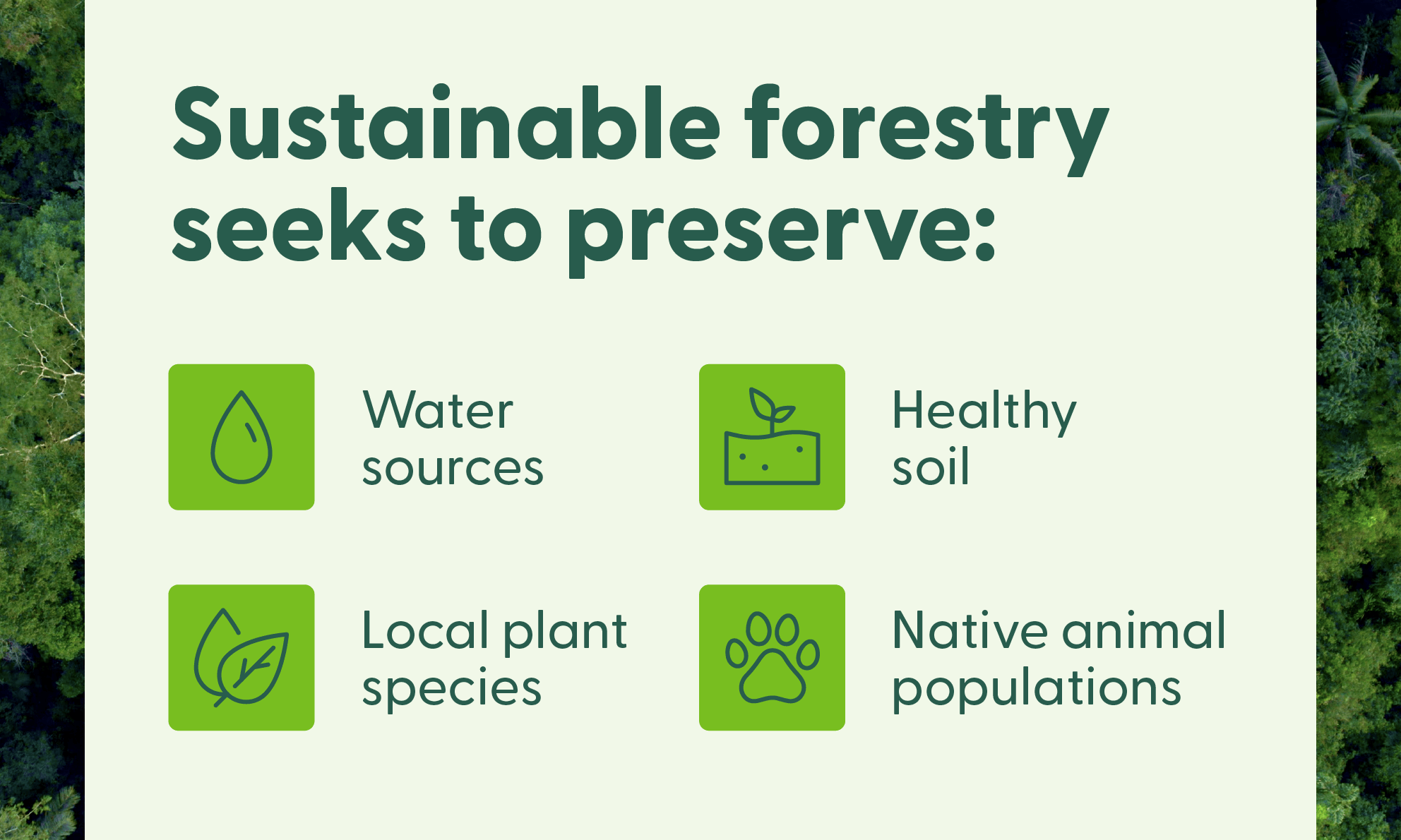FSC certification is an essential mark of sustainability in forest management worldwide. In this article, we’ll explore 10 powerful reasons why FSC certification matters and how it contributes to eco-friendly practices globally.
What is FSC Certification?
The Forest Stewardship Council (FSC) is an international organization dedicated to promoting responsible forest management. FSC certification is the gold standard for sustainably harvested wood and wood-based products, ensuring that forests are managed in ways that protect biodiversity, benefit local communities, and uphold fair labor practices. FSC offers different certification types, such as Forest Management, Chain of Custody, and Controlled Wood, each targeting unique aspects of responsible forestry practices.
Why FSC Certification Matters for Environmental Conservation
FSC certification is essential for environmental conservation. Certified forests must meet rigorous standards that prevent deforestation, safeguard animal habitats, and protect water resources. FSC-certified products contribute to preserving these vital resources, making it a popular choice for eco-conscious consumers and businesses alike. With deforestation being a leading cause of biodiversity loss, FSC certification has become a crucial tool in combating ecological degradation.
Types of FSC Certifications and Their Purpose
Understanding the three main types of FSC certifications is key to grasping how FSC makes a difference:
- Forest Management Certification: Ensures the forest is managed to meet strict environmental, social, and economic standards.
- Chain of Custody Certification: Verifies that FSC-certified products are tracked and managed along the supply chain.
- Controlled Wood Certification: Reduces the risk of mixing FSC-certified wood with unacceptable sources in products.
10 Benefits of FSC Certification
Biodiversity Protection
FSC-certified forests adhere to strict guidelines that protect plant and animal species, preserving the natural ecosystems within forested areas.
FSC Ensures Sustainable Logging Practices
FSC standards limit the amount of wood harvested annually, ensuring forests can naturally regenerate and remain a viable resource for future generations.
FSC Supports Local Communities
The certification process respects the rights of indigenous and local communities, providing them with economic opportunities while preserving their cultural heritage.
FSC Promotes Fair Labor Practices
Certified forests must adhere to labor laws, protecting workers from exploitation and ensuring fair wages and safe working conditions.
FSC Products Meet Market Demands
With rising consumer awareness, demand for FSC-certified products is increasing. Businesses with FSC certification can tap into this eco-conscious market, enhancing brand value.
FSC Helps Combat Climate Change
Forests play a critical role in carbon sequestration, and by managing forests sustainably, FSC-certified forests help mitigate climate change.
Add Transparency to Supply Chains
The Chain of Custody certification ensures that FSC-certified wood can be traced throughout the supply chain, giving consumers confidence that their products are genuinely sustainable.
8. FSC Enhances Brand Reputation
For businesses, FSC certification builds trust with consumers who value environmental responsibility, offering a competitive edge in the market.
FSC Supports International Trade Opportunities
Many countries prioritize FSC-certified wood, making it essential for businesses aiming to export to eco-conscious regions like the EU.
FSC Drives Innovation in Sustainable Forestry
FSC constantly updates its standards to incorporate the latest sustainable forestry practices, pushing the industry towards greater environmental stewardship.
Economic Benefits of FSC for Businesses
The financial benefits of FSC certification extend beyond the forest. Companies that embrace FSC standards often see increased market reach and brand reputation, as today’s consumers are willing to pay a premium for sustainably sourced goods. This trend opens doors for certified companies to expand into new markets, meet the growing demand for eco-friendly products, and gain long-term financial advantages.
FSC Certification in Global Markets
With a presence in over 80 countries, FSC certification is recognized as a global benchmark for sustainable forestry. Major markets such as the EU, North America, and parts of Asia place high value on FSC-certified wood products. Businesses looking to compete in these regions benefit from FSC certification, which signals adherence to international environmental and social standards, enhancing their global competitiveness.
How to Obtain FSC Certification
To achieve FSC certification, companies must work with accredited certifying bodies to undergo audits that assess compliance with FSC standards. These standards cover social, environmental, and economic criteria to ensure a holistic approach to sustainability. While FSC certification may require upfront investment, it’s often seen as a long-term advantage that can open doors to new markets and improve overall business reputation.
Challenges
While FSC offers many benefits, it can present challenges, particularly for smaller businesses. Costs associated with certification, compliance, and audits can be high, and meeting strict guidelines requires significant investment in sustainable practices. However, as demand for responsible sourcing grows, these initial challenges are increasingly offset by the long-term benefits.
How FSC Impacts Consumers
FSC certification impacts consumers by providing a trustworthy label they can rely on when purchasing sustainable products. As more consumers prioritize eco-friendly options, This certification helps bridge the gap between responsible production and informed purchasing. By choosing FSC-certified products, consumers support ethical forest management and contribute to the global fight against deforestation.
The Future of FSC and Sustainable Forestry
FSC is evolving to address the increasing challenges posed by climate change, illegal logging, and biodiversity loss. As part of its commitment to innovation, FSC continuously updates its standards to adapt to global environmental needs. The organization’s goal is to enhance its influence on sustainable forest management practices, ensuring that FSC-certified forests remain resilient and productive in the face of environmental changes.
Conclusion
In summary, FSC certification is a powerful tool for promoting responsible forest management. From environmental conservation and consumer trust to global market access and enhanced brand reputation, the benefits of FSC certification are extensive. As awareness of sustainability grows, FSC-certified products are likely to become even more valuable to both businesses and consumers. By choosing FSC-certified wood, companies and individuals contribute to a more sustainable future, making a positive impact on our planet.
You can read more articles by visiting our blog here.

